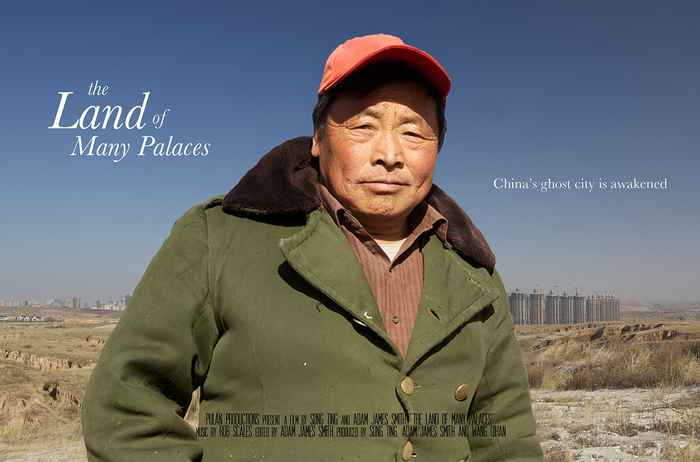China's most famous ghost city - by Adam Smith
Publication date 10-11-2015
Ordos is China's most famous ghost city. Redesignated as a prefecture-level city in 2001, by 2010 it was hitting media headlines all over the world for its emptiness: an emptiness that gave its few thousand residents access to all the wonderful things cities are able to offer within unprecedented amounts of space. Ordos is, in many ways, the antidote to the experience of living in most contemporary Chinese cities which are overwhelmed with people, cars and pollution. The city has built an abundant array of cultural institutions – libraries, art galleries, museums, theatres – yet lacks people to appreciate them.
